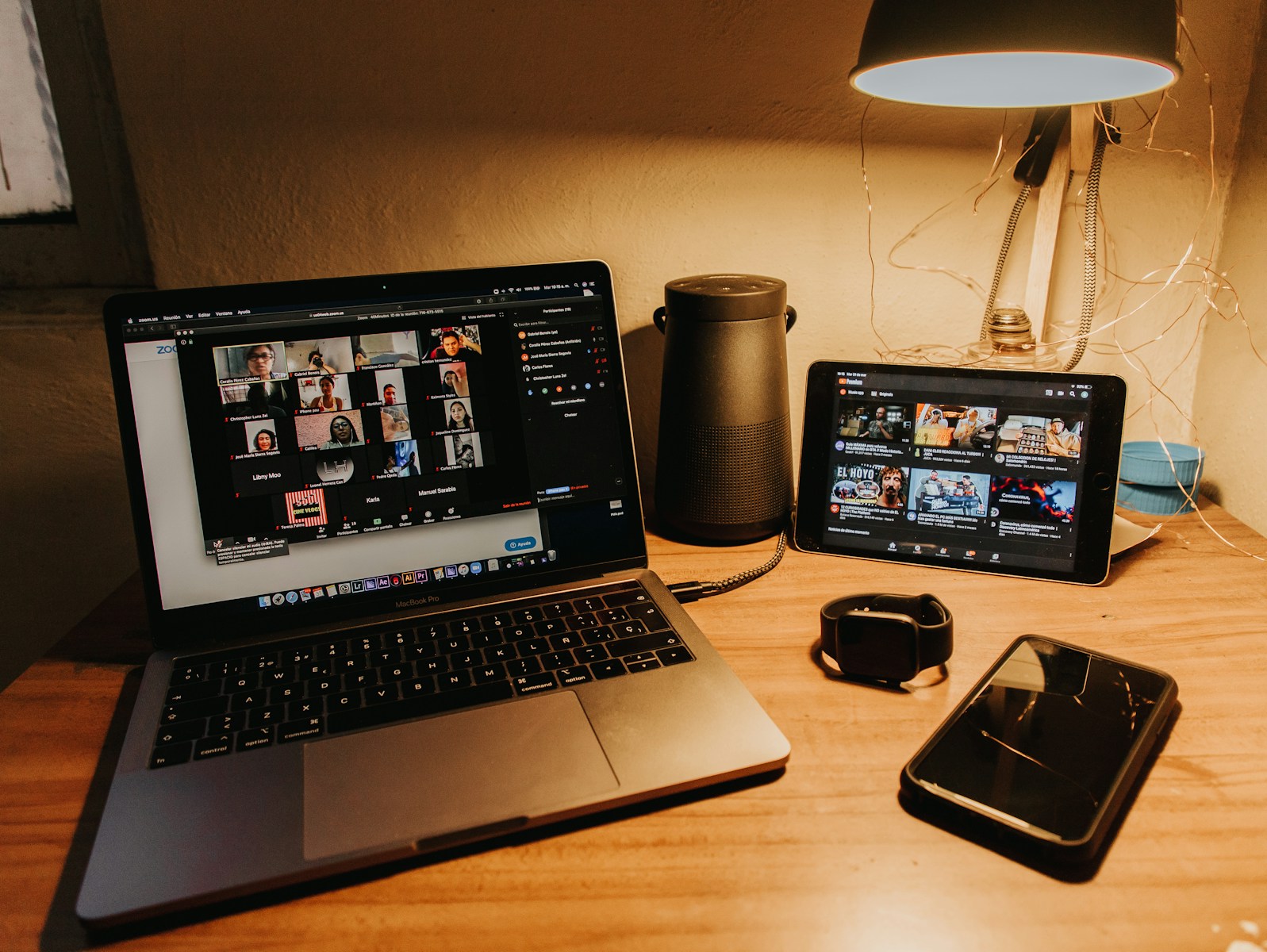You’re trying to write an email, remember a Slack message, track your to-dos, and mentally rehearse what you’ll say in your next meeting — all at once.
No wonder you feel stressed.
That mental juggling act is called cognitive load, and when you try to store everything in your head, it leads to anxiety, decision fatigue, and overwhelm. The good news? There’s a solution: cognitive offloading — giving your brain a break by putting thoughts somewhere else.
🧠 What Is Cognitive Offloading?
Cognitive offloading is the practice of using tools, lists, visuals, or external systems to manage mental tasks — so your brain can focus on thinking, not remembering.
Freeing your brain from memory overload creates space for clarity, creativity, and calm.
⚠️ Signs You’re Holding Too Much in Your Head
- Constant mental “tabs” open
- You forget simple things like appointments or follow-ups
- You feel mentally foggy but haven’t done much yet
- You’re anxious about things you haven’t written down
- You feel like your brain never “shuts off”
🛠️ How to Practice Cognitive Offloading
1. Use a Second Brain System
Apps like Notion, Evernote, or Obsidian let you organize ideas, tasks, and projects in one place.
📥 Capture everything from quick thoughts to long-term goals — out of your head, into a system.
2. Write Daily Brain Dumps
Take 5 minutes each morning or night to offload:
- Tasks
- Worries
- Loose ends
- “Don’t forgets”
📝 No structure needed. Just unload your brain.
3. Use Visual Cues + Post-Its
Don’t rely on memory. Visual reminders — sticky notes, labels, calendars — act as extensions of your mind.
👁️ Tip: Keep visible reminders limited to avoid clutter-based stress.
4. Turn Messages Into Tasks Immediately
When you get an email or Slack that requires action:
- Write it in your task manager
- Set a deadline or tag
- Archive the message
💡 Your brain’s job is not to store — it’s to process.
5. Talk It Out (Voice Notes or Journaling)
Externalizing stress — even verbally — reduces load. Apps like Otter, Voice Memos, or even talking to a pet help you release looping thoughts.
🧰 Offloading Tools That Actually Work
- Notion – all-in-one notes + task manager
- Todoist – fast capture + sorting
- Otter.ai – voice-to-text offloading
- Google Keep – simple sticky notes
- [Brain Dump Templates (Trello, Asana)] – free-flow lists
✍️ Prompts to Lighten Your Mental Load
- What’s one thing I’m holding in my head right now that I can write down?
- What am I afraid I’ll forget?
- What decision am I avoiding — and why?
Final Thoughts
You don’t need a better memory — you need a better system. Offloading isn’t weakness. It’s wise. The less you carry mentally, the more space you make for what really matters.
Post Disclaimer
The content on WorkZenly.com is provided for general informational purposes only and does not constitute professional advice of any kind. We make no guarantees regarding the accuracy, completeness, or reliability of any information presented on this site. By using this website, you acknowledge that any reliance on material found here is strictly at your own risk. WorkZenly.com and its contributors shall not be held liable for any losses, injuries, or damages resulting from the use or misuse of the information provided.


